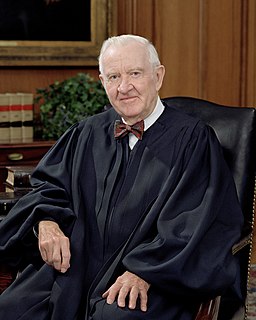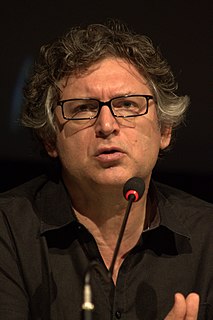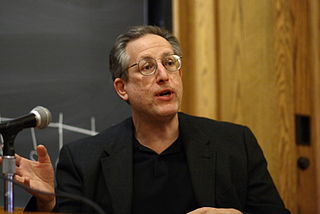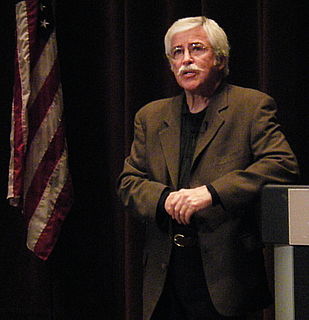A Quote by Alan Dershowitz
I think we have to give religion its due. I think we have to respect those for whom religion is important, but equally respect those who can achieve good morality without religion.
Related Quotes
Religion is an important institution. A nation without religion cannot survive. Yet it is also very important to note that religion is a link between Allah and the individual believer. The brokerage of the pious cannot be permitted. Those who use religion for their own benefit are detestable. We are against such a situation and will not allow it. Those who use religion in such a manner have fooled our people; it is against just such people that we have fought and will continue to fight. Know that whatever conforms to reason, logic, and the advantages and needs of our people conforms equally to Islam. If our religion did not conform to reason and logic, it would not be the perfect religion, the final religion.
The First Amendment...does not say that in every respect there shall be a separation of Church and State....Otherwise the state and religion would be aliens to each other - hostile, suspicious, and even unfriendly....The state may not establish a 'religion of secularism' in the sense of affirmatively opposing or showing hostility to religion, thus preferring those who believe in no religion over those who do believe.
Everywhere the tendency has been to separate religion from morality, to set them in opposition even. But a religion without morality is a superstition and a curse; and anything like an adequate and complete morality without religion is impossible. The only salvation for man is in the union of the two as Christianity unites them.
In India, as elsewhere in our darkening world, religion is the poison in the blood. Where religion intervenes, mere innocence is no excuse. Yet we go on skating around this issue, speaking of religion in the fashionable language of 'respect.' What is there to respect in any of this, or in any of the crimes now being committed almost daily around the world in religion's dreaded name?
I think there in a great deal to be said for religious education in the sense of teaching about religion and biblical literacy. Both those things, by the way, I suspect will prepare a child to give up religion. If you are taught comparative religion, you are more likely to realise that there are other religions than the one you have been brought up in. And if you are if you are taught to read the bible, I can think of almost nothing more calculated to turn you off religion.
Politics and morality are inseparable. And as morality's foundation is religion, religion and politics are necessarily related. We need religion as a guide. We need it because we are imperfect, and our government needs the church, because only those humble enough to admit they're sinners can bring to democracy the tolerance it requires in order to survive.
What our view of the effectiveness of religion in history does at once make evident as to its nature is--first, its necessary distinction; second, its necessary supremacy. These characters though external have been so essential to its fruitfulness, as to justify the statement that without them religion is not religion. A merged religion and a negligible or subordinate religion are no religion.
Every religion I know of has changed its views with respect to concrete controversies over long periods of time. People's views about the morality of homosexuality are likely to undergo some change, even though they're making judgments based on their religious beliefs. Because in fact, religion is an extremely durable, and yet flexible, way of trying to apprehend what's good and what's bad in the world. In fact, its durability comes from its flexibility. Now, speaking from inside a religion, it's hard to talk that way.
I think religion and science operate in different regimes. Religion is a belief system that tries to give meaning and comprehension to peoples' lives. Science is more about the mechanics of the universe around us and the way in which it works. And I don't think those things have to be mutually exclusive.
Some people automatically associate morality and altruism with a religious vision of the world. But I believe it is a mistake to think that morality is an attribute only of religion. We can imagine two types of spirituality: one tied to religion, while the other arises spontaneously in the human heart as an expression of love for our neighbors and a desire to do them good.




































